2. Sketching & Color Rough
When drawing an illustration with a background, it’s best to draw the character after deciding the background.
The first impression of an illustration often depends on the color scheme, so I prioritize the overall color balance.
I personally find it easier to refine the color scheme if I decide the background first, so after painting a rough background, I design a character to match that scene.
[1] Rough background
I draw a rough sketch on an A4/350 dpi canvas with the [Pencil] tool > [Dark Pencil].
Then on a second layer, I roughly add colors. For the rough draft, I don’t use masked fill layers, but instead draw directly using colors.
I create another layer on top and roughly added effects, such as light and perspective, with the [Airbrush] tool > [Soft].
The reason why I made this kind of background is because I enjoy painting sunlight filtering through the trees, and I wanted to use dark colors.
Many of the backgrounds I draw are inspired by places that I’ve visited.
I enjoy taking photos when I go on holiday or on walks, and I use these photos as references for backgrounds. I especially like natural landscapes such as mountains and water, as well as historical Japanese buildings.
[2] Character sketch
I decide to draw a calm man that suits the mysterious atmosphere of the tranquil forest background with a sacred tree.
When sketching, I use different colors to divide the main elements of the body, hair, and clothes.
Note: If I draw in a single color, I tend to get my lines confused at the design stage.
Then I roughly add colors.
The background is painted in blues and greens, so I use cool tones for the character as well. I also add in some complementary colors.
Also, because he is in a shaded forest, I made the overall colors dark.
I like backgrounds with deep tones, so I often use backgrounds with a lot of dark, rich colors.
Designing Characters
I wanted to make this character look mystical and supernatural because of the sacred rope on the tree in the background. I made the eye color and hair color and length unnatural to create this feeling. However, I wanted the character to appear that he is standing peacefully (blending in with) the surroundings, so I avoided using “fantasy” effects like glow or sparkles.
I like to paint clothes blowing in the wind, so I draw him in a Japanese haori that is billowing out. Flowing hair and clothes create a sense of drama in the composition. Although the overall illustration has a blue tone, I scattered some red or orange decorations to add complementary colors so that the illustration isn’t monotonous. (I use a low saturation so that they don’t stand out too much.)
I rarely draw characters with glasses, but the reason I added them this time is 70% on a whim, and 30% because I thought this detail would add to the calmness. I added the folded fan and shirt to add to the image of a composed gentleman.
Something I focus on in all my character design work is the character’s emotion, silhouette, and color scheme.
When making illustrations for fun, I often take inspiration from the background (landscape), so I prioritize a design and color scheme that goes well with background and works well as a whole piece.
In other words, when designing people, I emphasize the overall completeness combined with the background rather than the character alone.
Since I didn’t have any guidelines for the character this time, I designed it with this emphasis on "harmony as one illustration".
I leave the character’s background (personality) up to the imagination of the viewer.
[3] Other details
I felt that the illustration didn’t have enough depth, so I add leaves in front.
My layers look like this at this stage.
I don’t organize the layers at the rough draft stage.
I’ll organize them when doing line art and painting as I can add color gradients layers so that I can work easily.
Next, I’ll show you how I did the line work.
















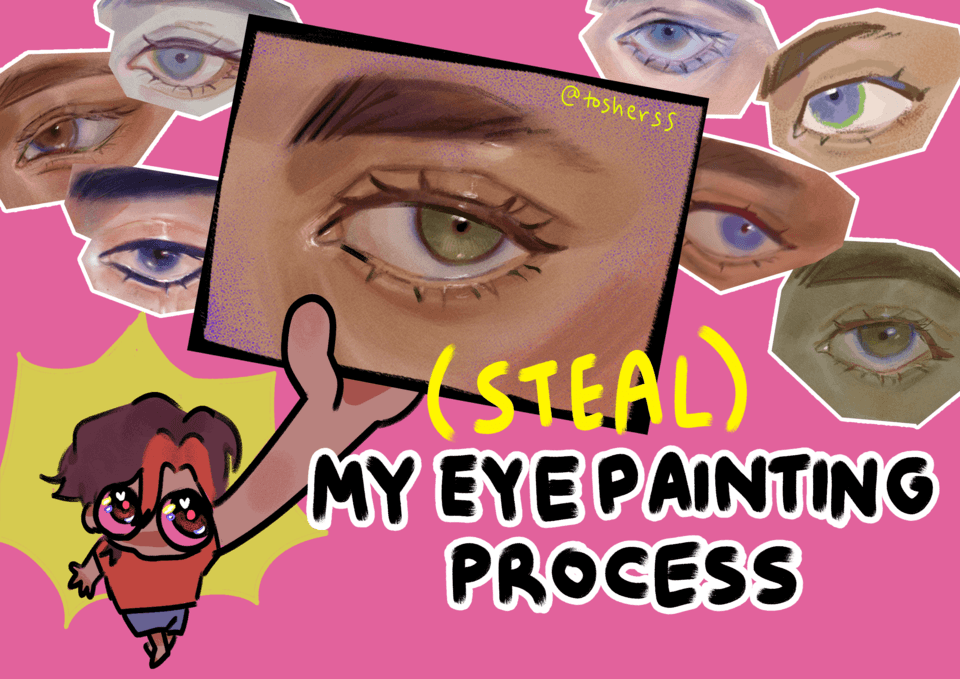
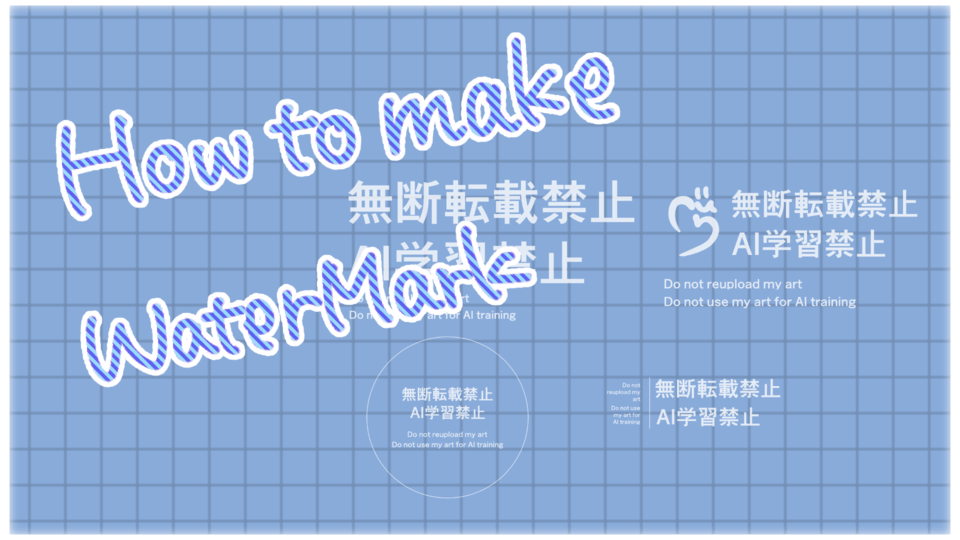
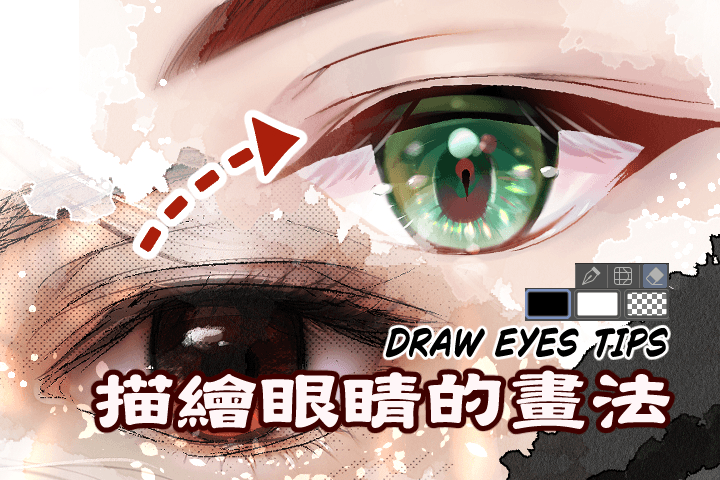

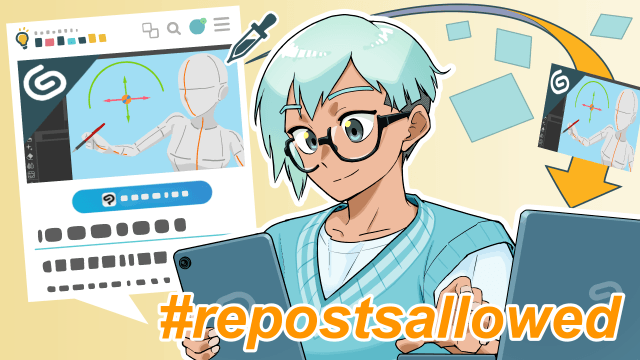


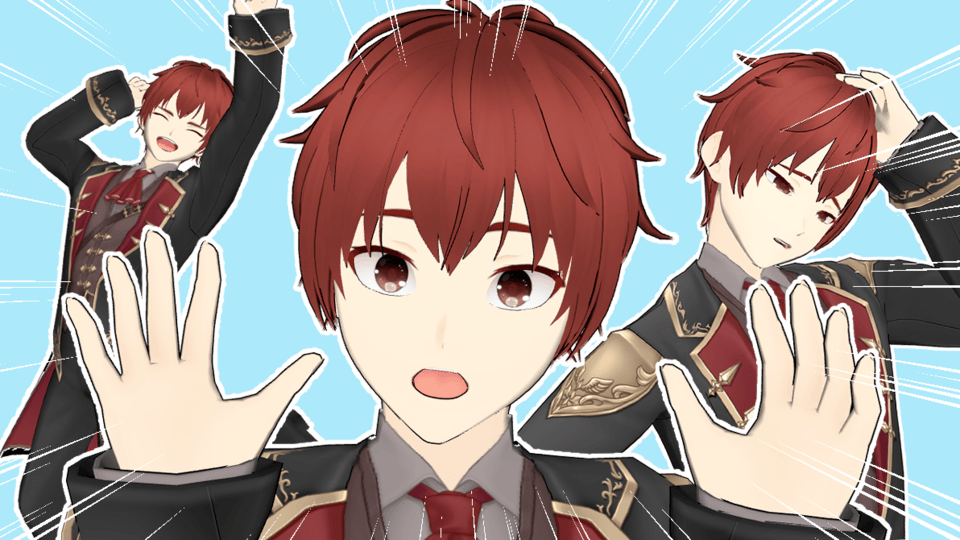
Comment